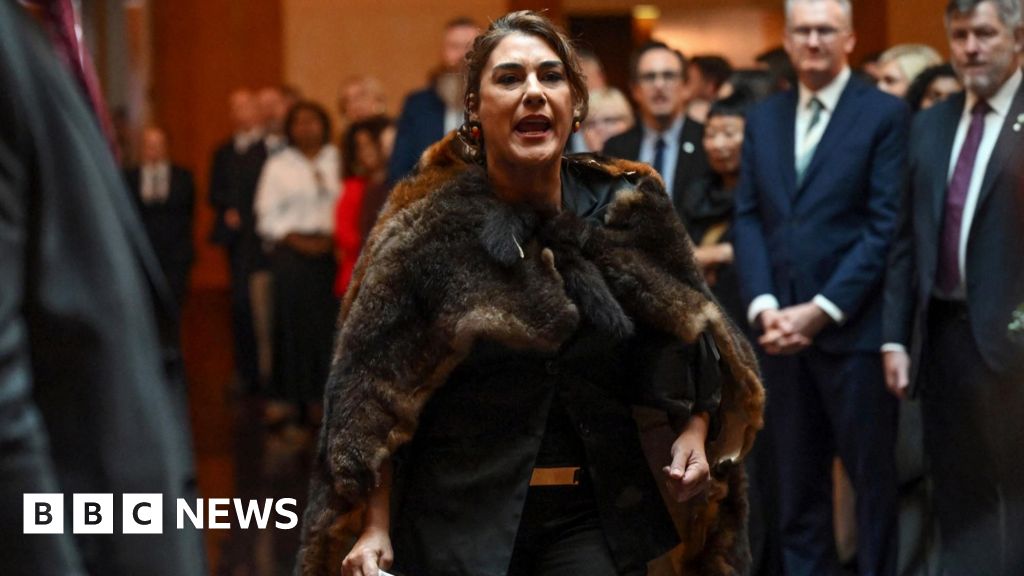ARTICLE AD BOX
 Image source, Getty Images
Image source, Getty Images
The governor of Tokyo has urged city residents to wear turtleneck jumpers this winter to reduce energy consumption.
Yuriko Koike said turtlenecks can be a tool to help reduce soaring energy bills.
Workers at city hall will be told to set an example by adopting the jumper.
The Japanese capital has been setting guidance for how to reduce energy use this winter amid precarious supply and rising prices.
Officials at meetings on the issue have been seen side-by-side all wearing turtlenecks.
Ms Koike said people should take inspiration from French President Emmanuel Macron, who has been known to like a turtleneck, when asked whether the jumper is suitable for the workplace.
"They're warm and overall energy consumption is reduced so we can link it to lowering CO2 emissions," she said.
Image source, AFP via Getty Images
Image caption,Emmanuel Macron has been known to like a turtleneck
"Even in Europe, President Macron of France is taking the lead in wearing them," she said, adding that the jumpers are "genuinely warm".
It's unclear whether Mr Macron has been sporting a turtleneck due to the energy crisis or as a fashion statement, but his love of the jumper has been subject of discussion for some time. In 2019, Vanity Fair published an article entitled "What's Emmanuel Macron's Turtleneck Trying to Say?".
However, Ms Koike heralded the turtleneck as "one of the tools to overcome [the winter energy crisis] while being inventive".
"I'd like to share sympathy about the tough energy situation this winter while having the space to discuss having fun through being fashionable," she added.
Earlier this month, the Japanese government asked people to turn off unnecessary lights, wear layered clothing indoors and turn the heating temperature lower between 1 December and 31 March.
In Europe - which is also facing a difficult winter ahead thanks to soaring energy prices - France has launched a national energy savings plan, calling on citizens to turn off lights and lower thermostats to avoid power and gas cuts.
Meanwhile, Germany has introduced a number of rules to bring down energy usage - including that public monuments and buildings cannot be lit up for aesthetic reasons, and businesses can be banned from keeping their shops illuminated at night.
Additional reporting by William Leonardo

 2 years ago
15
2 years ago
15








 English (US)
English (US)